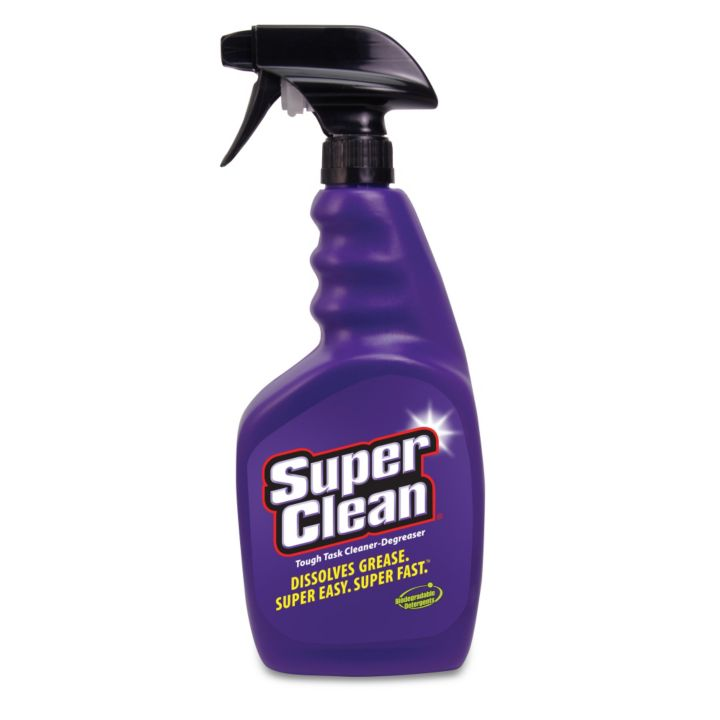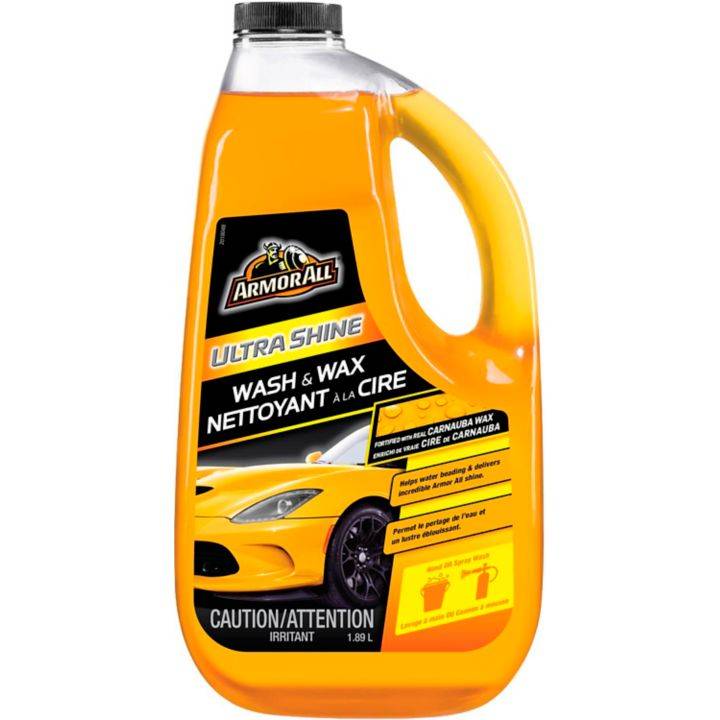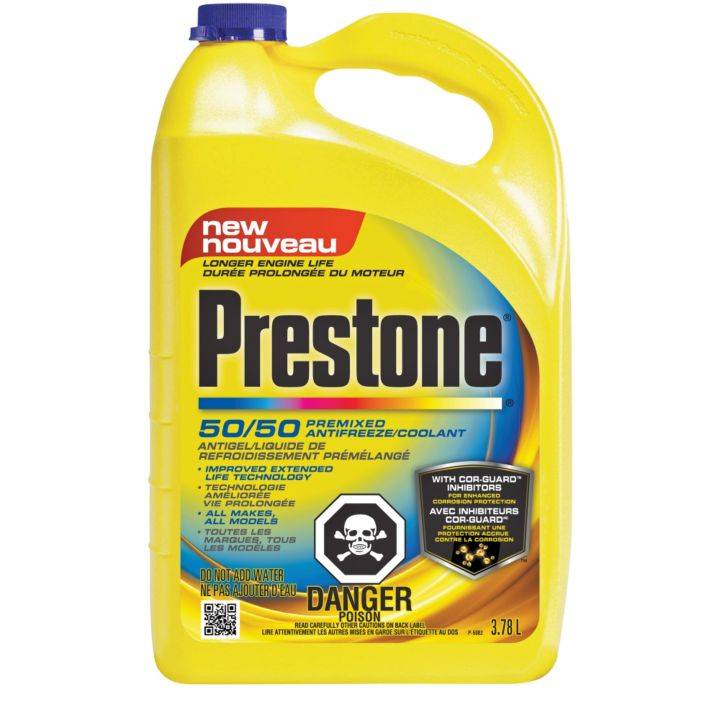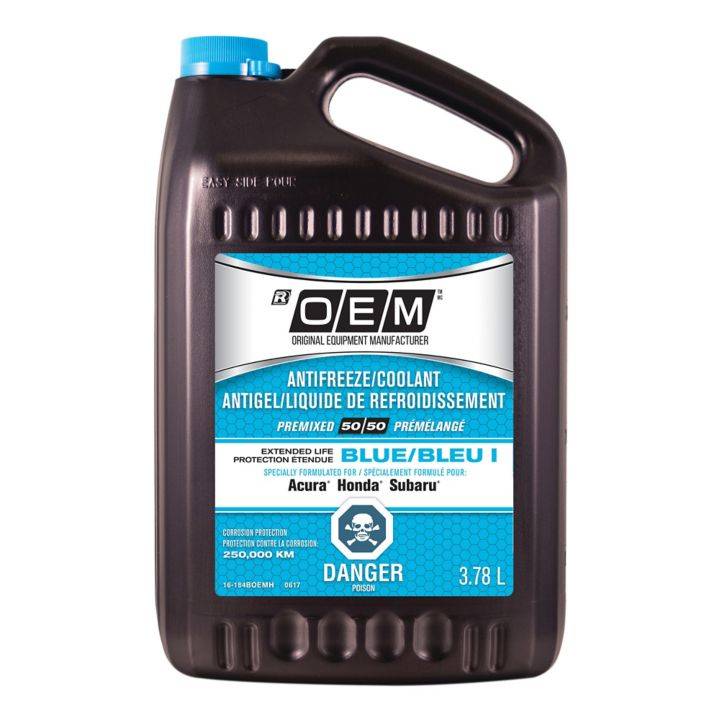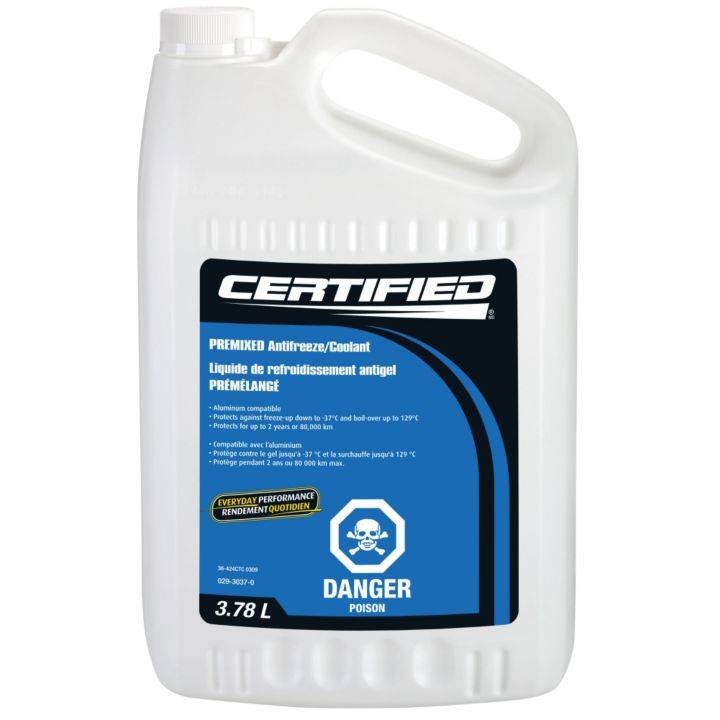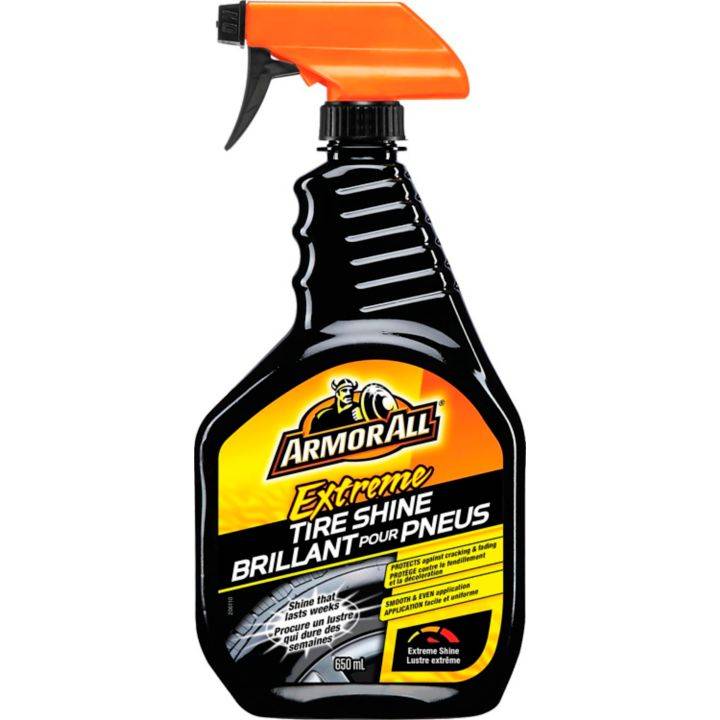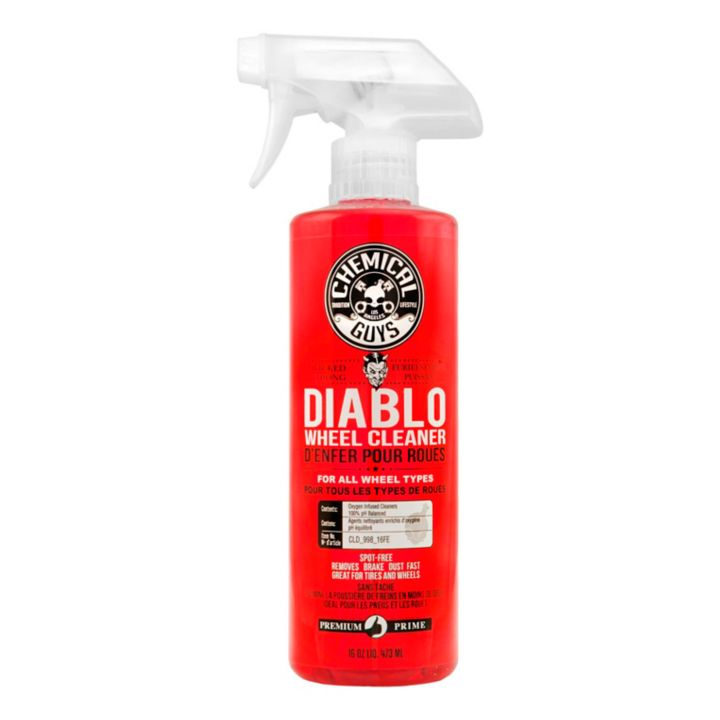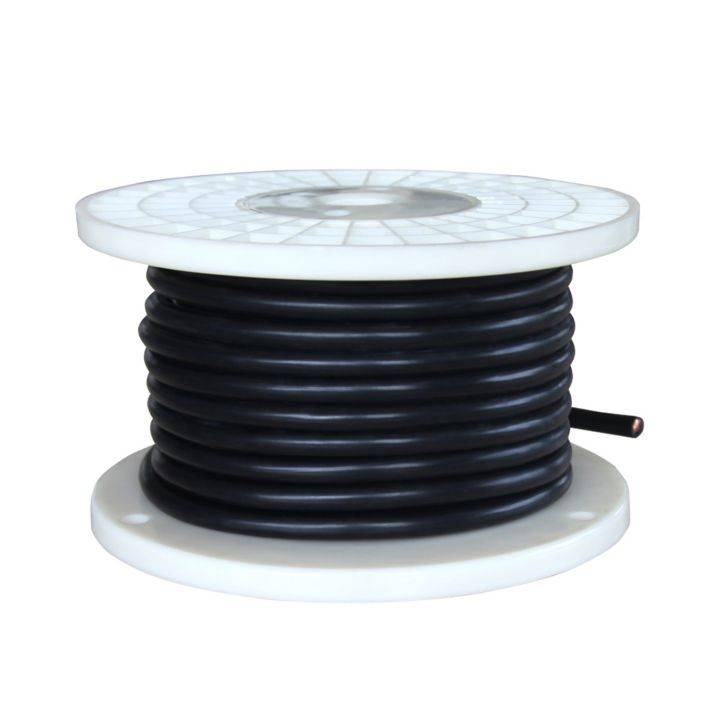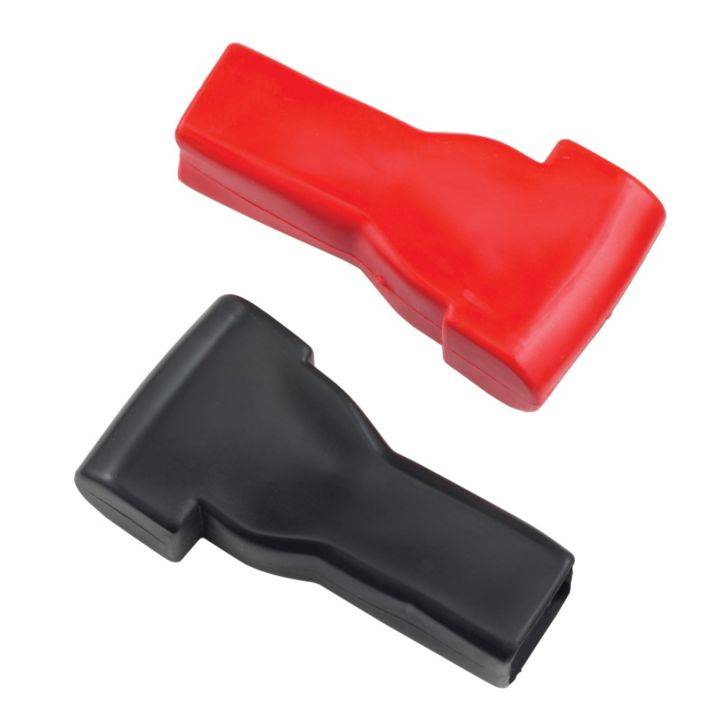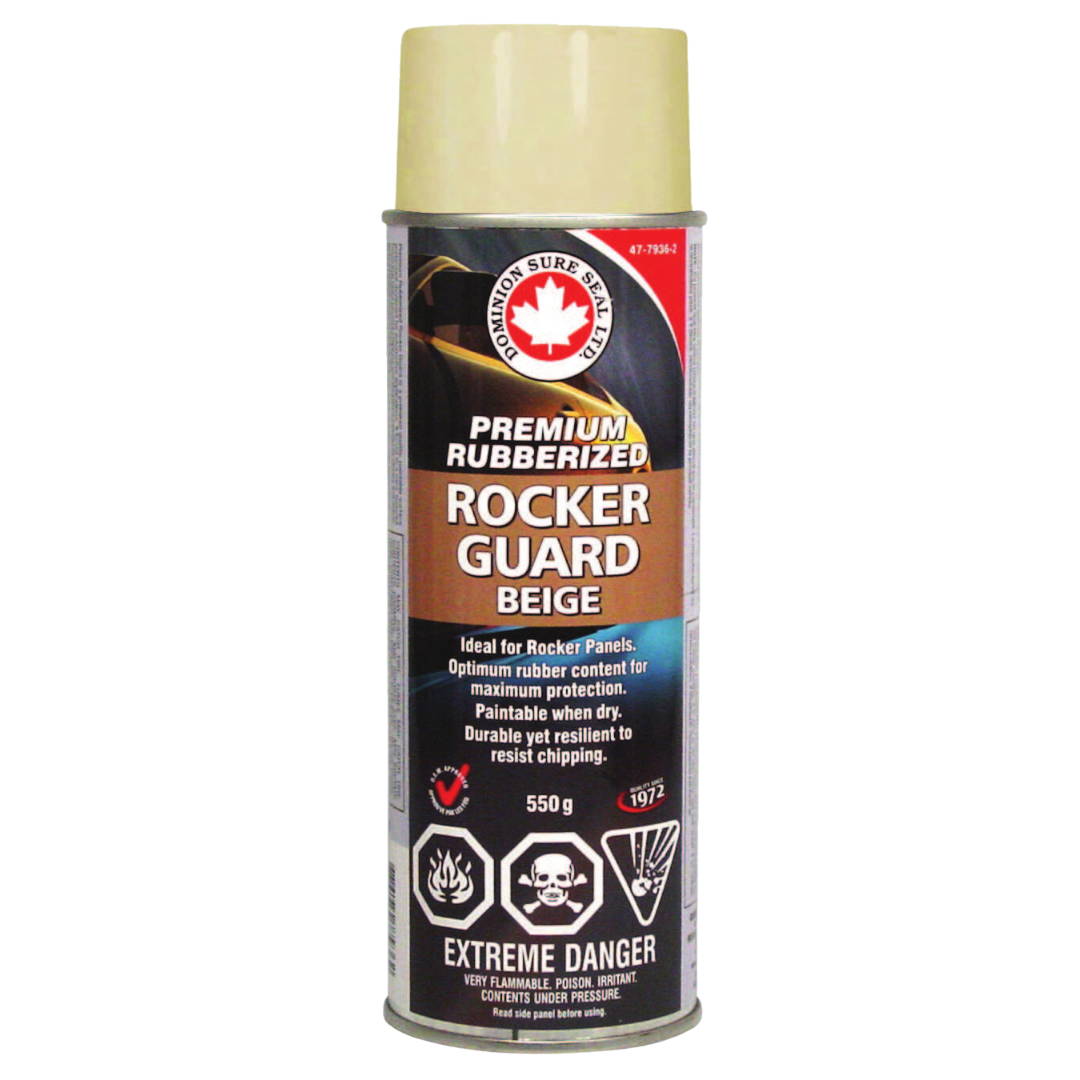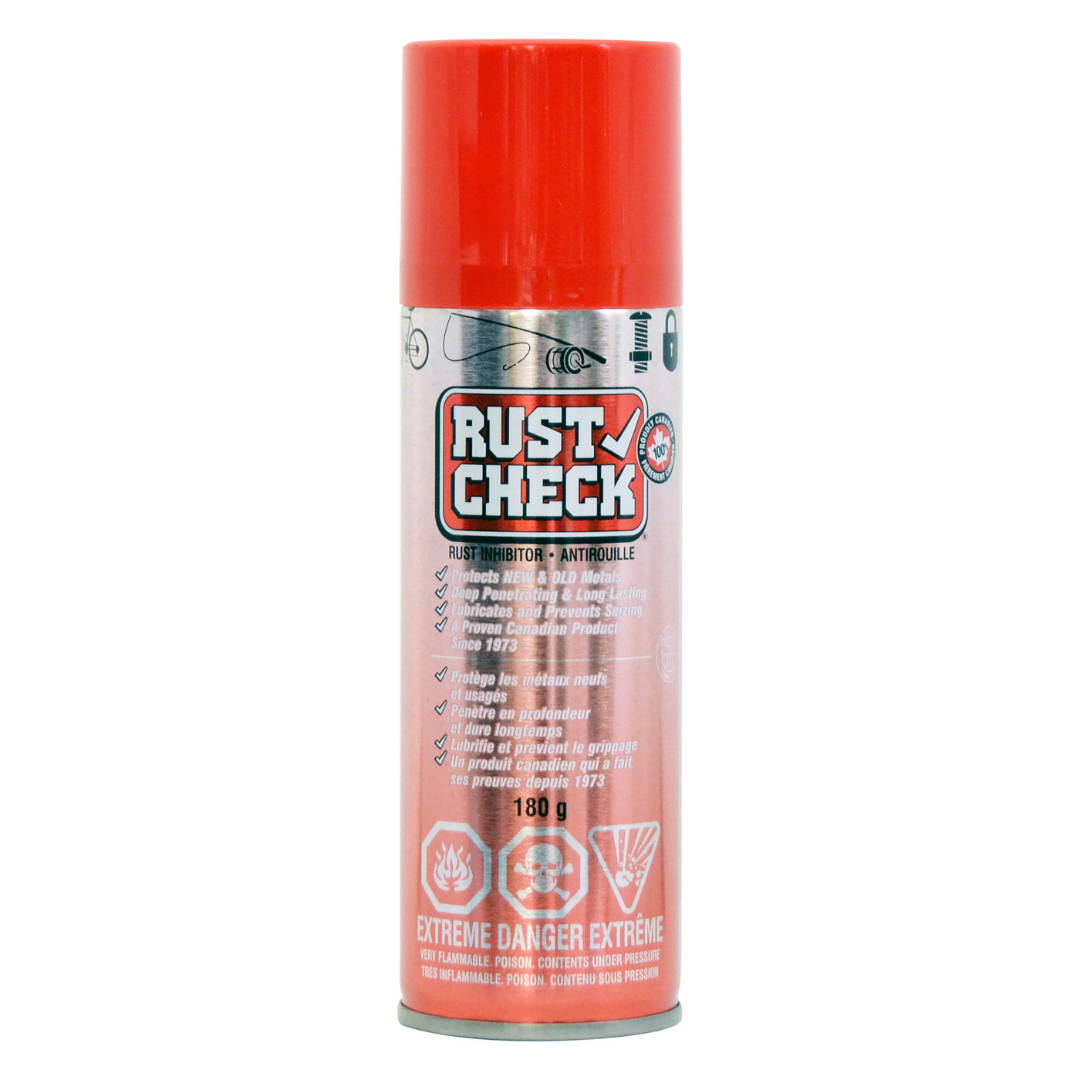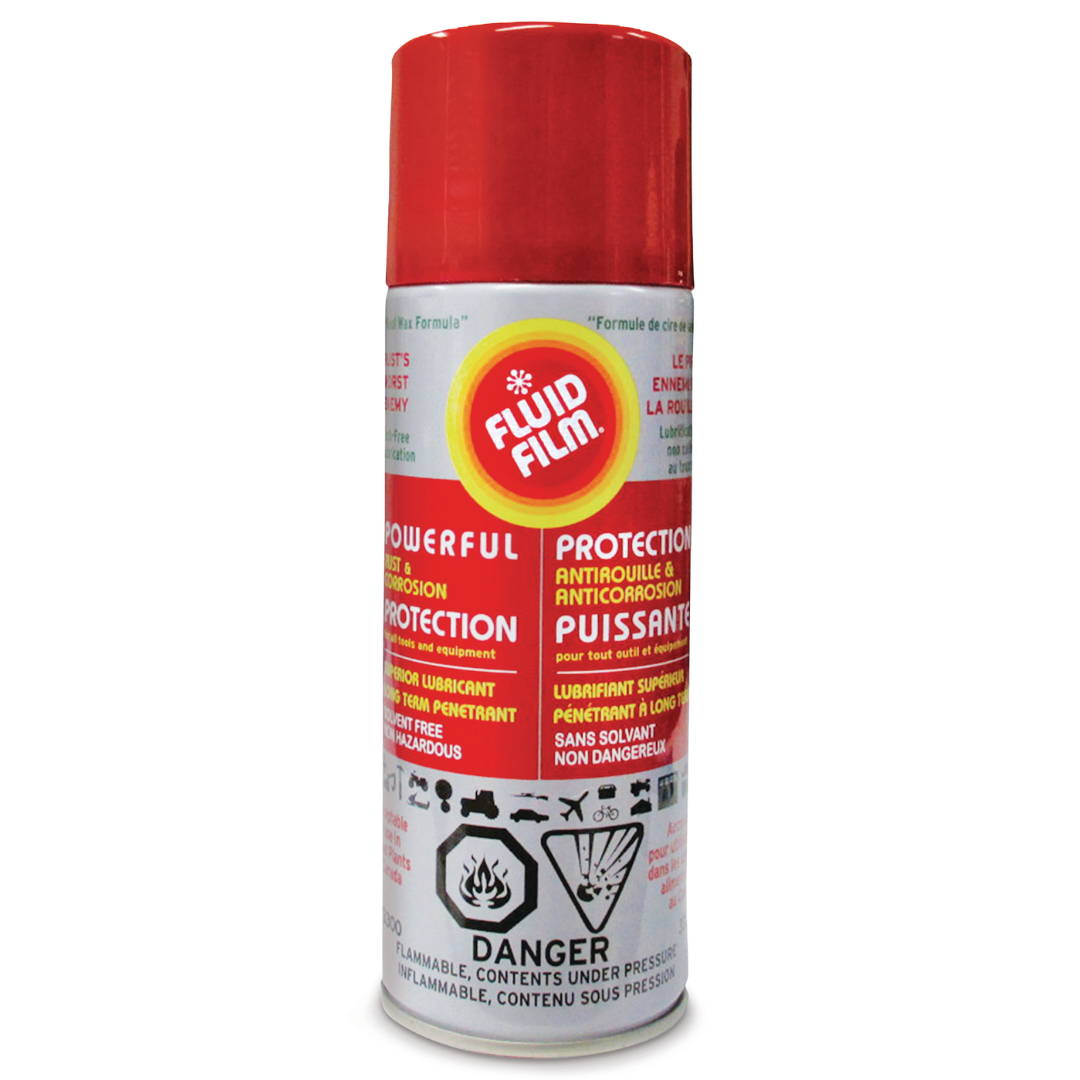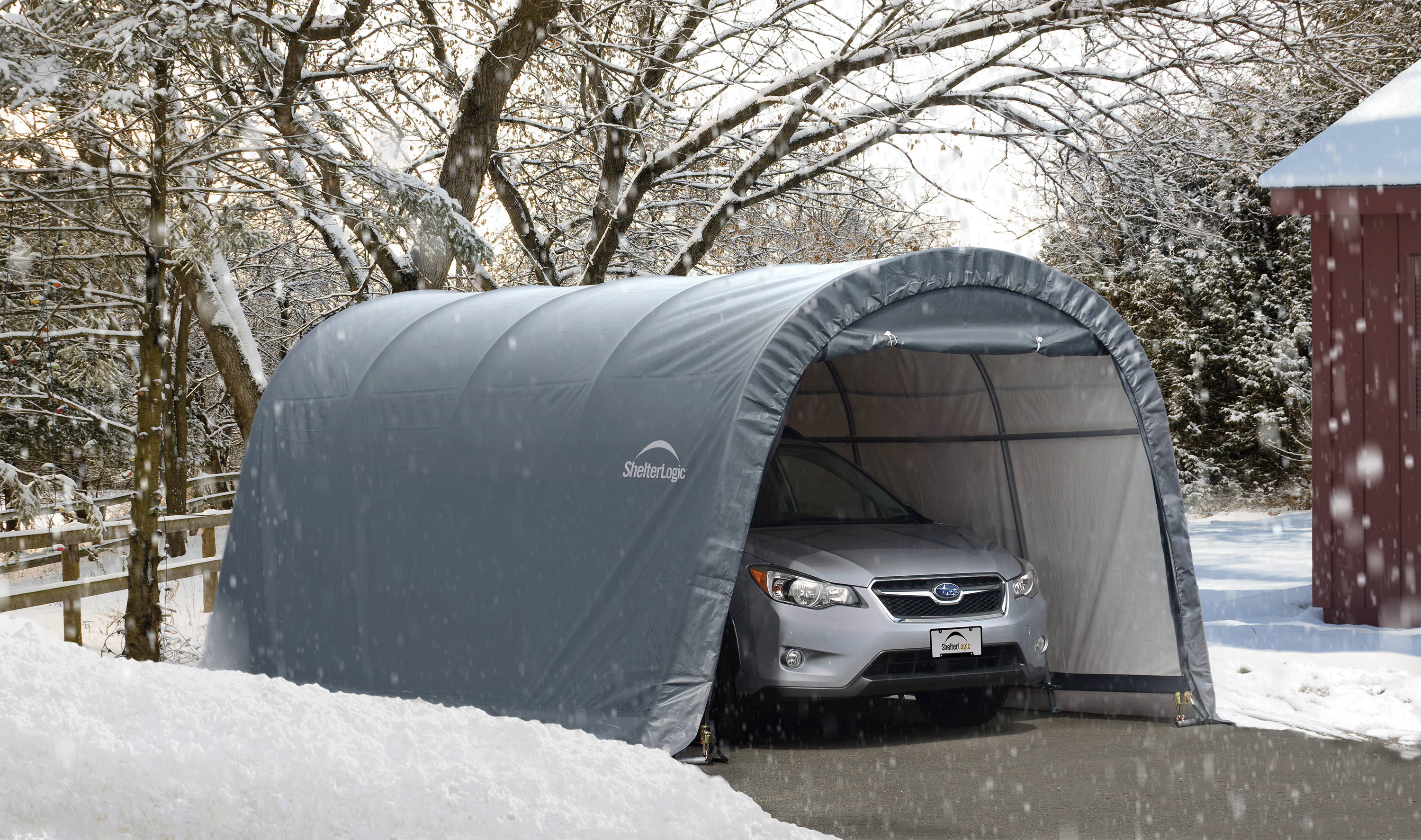
Vehicle Storage Tips for Winter: Keeping Your Car Safe and Sound
As the winter season approaches, it's important to take proper care of your vehicle, especially if you don't plan on driving it during this time. Proper storage can help protect your car from the harsh winter elements and ensure it remains in good condition when you're ready to hit the road again. In this article, we'll provide you with some valuable tips to keep your parked vehicle safe and sound during the winter months.
Find a Suitable Storage Location:
When storing your vehicle for an extended period, finding the right storage location is crucial. Ideally, you should aim for a clean, dry, and temperature-controlled environment such as a garage or storage facility. This will protect your car from extreme temperature fluctuations and minimize the risk of moisture-related issues like rust.
Clean Thoroughly:
Before parking your car for winter storage, give it a thorough cleaning both inside and out. Remove any dirt, debris, or salt residues from the exterior to prevent corrosion. Vacuum the interior and wipe down surfaces to eliminate any food crumbs or potential attractants for pests.
Top Off Fluids:
To prevent damage caused by stagnant fluids, make sure to top off essential fluids such as engine oil, coolant, brake fluid, and windshield washer fluid. This helps protect vital components from moisture buildup and corrosion.
Fuel Considerations:
It's generally recommended to fill up your gas tank before storing your vehicle for an extended period. A full tank minimizes the amount of air inside, which helps reduce the risk of condensation forming in the fuel system. Adding a fuel stabilizer can also prevent gasoline from deteriorating over time.
Tire Care:
Proper tire care is crucial when storing a vehicle for an extended period. Inflate the tires to the manufacturer's recommended pressure to prevent flat spots from developing. If possible, consider using jack stands or investing in tire cradles to relieve pressure on the tires.
Battery Maintenance:
To avoid a dead battery when you're ready to use your vehicle again, either disconnect the battery or use a trickle charger to maintain its charge throughout winter storage. Be sure to follow safety precautions when working with batteries.
Rust Prevent:
Apply a rust inhibitor spray on vulnerable areas such as undercarriage, wheel wells, door seams, hinges, and exposed metal surfaces. Follow the product instructions carefully for effective rust protection.
Regular Check-ups:
Even if your vehicle isn't driven during winter, periodic check-ups are still important. Visit your mechanic before storing your car to identify and address any existing issues that could worsen over time.
Properly preparing your vehicle for winter storage is essential for ensuring its longevity and reliability when spring arrives. By following these vehicle storage tips, you can protect your car from potential damage caused by freezing temperatures, moisture buildup, pests, and more. Remember to consult your vehicle's manual for any specific storage recommendations and enjoy peace of mind knowing that your car will be safe and sound until it's time to hit the road again!
 Loading . . .
Loading . . .



